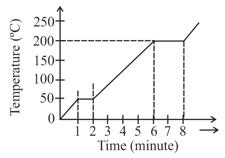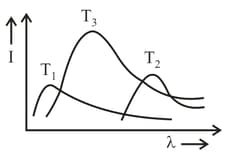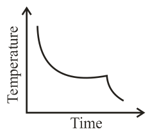Embibe Experts Solutions for Chapter: Thermal Properties of Matter, Exercise 2: Exercise 2
Embibe Experts Physics Solutions for Exercise - Embibe Experts Solutions for Chapter: Thermal Properties of Matter, Exercise 2: Exercise 2
Attempt the free practice questions on Chapter 4: Thermal Properties of Matter, Exercise 2: Exercise 2 with hints and solutions to strengthen your understanding. Comprehensive Guide to BITSAT Physics. Other applicable Exams - JEE Main, VITEEE, SRM JEE, MHT-CET, K-CET, EAMCET, AMU & Other State Engg. Entrance Exams solutions are prepared by Experienced Embibe Experts.
Questions from Embibe Experts Solutions for Chapter: Thermal Properties of Matter, Exercise 2: Exercise 2 with Hints & Solutions
The total radiant energy per unit area, normal to the direction of incidence, received at a distance from the centre of a star of radius , whose outer surface radiates as a black body at a temperature is given by
(where is Stefan's constant)
An aluminium sphere of diameter is heated from to . Its volume changes by (given that coefficient of linear expansion for aluminium )
A piece of ice (heat capacity and latent heat ) of mass grams is at at atmospheric pressure. It is given of heat so that the ice starts melting. Finally, when the ice-water mixture is in equilibrium, it is found that of ice has melted. Assuming there is no other heat exchange in the process, the value of is
A student takes wax (specific heat and heats it till it boils. The graph between temperature and time is as follows. Heat supplied to the wax per minute and boiling point are respectively

The plots of intensity versus wavelength for three black bodies at temperatures and respectively are as shown. Their temperature is such that

Assuming the Sun to be a spherical body of radius at a temperature of , evaluate the total radiant power incident of Earth at a distance from the Sun, where, is radius of earth and is Stefan's constant.
If the radius of a star is and it acts as a black body, what would be the temperature of the star, in which the rate of energy production is ?

